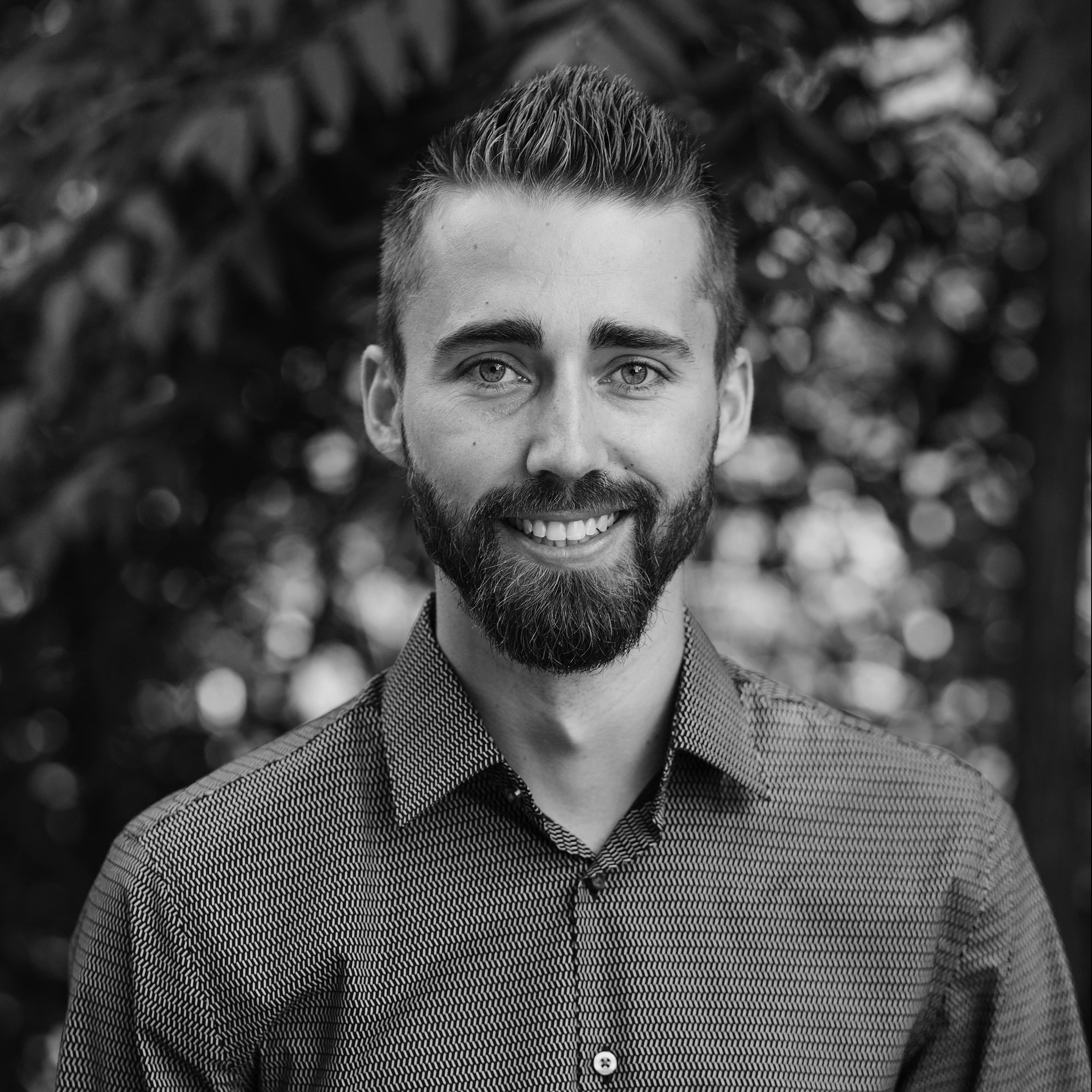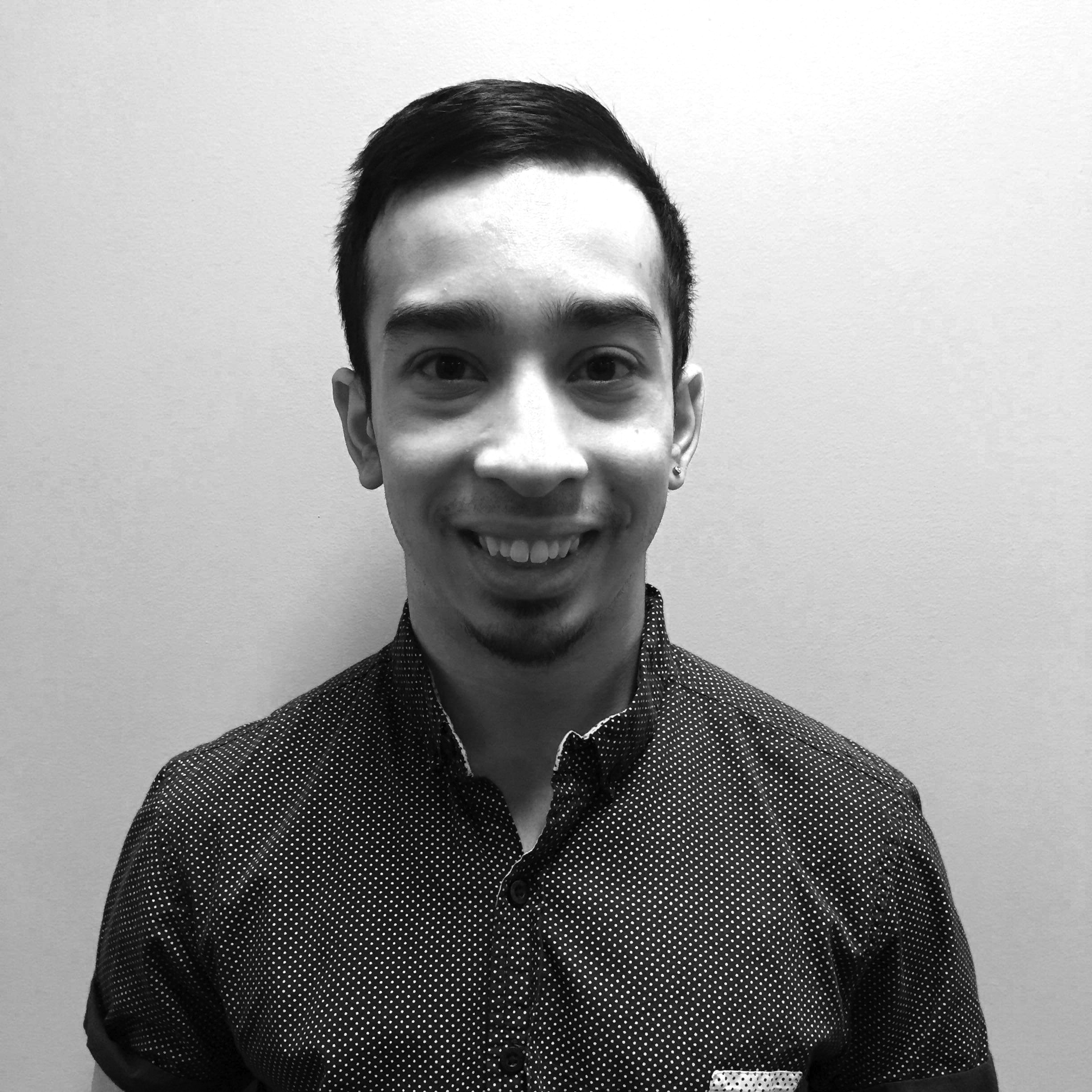Dr. Ken Herfst, assistant professor of ministry, shares his thoughts on what ministry, both at home and abroad, looks like today.
Q: What is theology? What do you mean when you’re speaking about theology in the Ministry program?
In a literal sense, theology refers to the study of God. But in my context, I often describe theology as the attempt to see reality as God would. The kingdom of God, by extension, is the world as God really wants it to be.
It can be easy for us to see theology as something separate from the day-to-day or from other disciplines. I’ll often lead workshops through an exercise where we take a look at a collection of newspaper headlines. I ask the group, “Does this story matter to God? What about this one?” We’ll run through each headline, realizing that none of them are outside of God’s concern. If God cares about the issues that these articles are discussing, then how should we be involved as the church? How is our faith involved? How does it motivate us to seek out justice and right relationship of God’s kingdom?
In order to really do this work, we need to reflect deeply. I teach my students to ask, “How would God see my city? Where is there pain and where is there hope? And how can I join God in addressing what I see?” We also need to be supported by practices that nurture our faith and foster our understanding of God and the kingdom. Over the course of their degree, students learn theological tools and liturgical practices that make it possible to see the context they’ve been called to in a new way and join in the work that God is doing.
In many of our biggest issues, there is a theological root. Our understanding of God and our thoughts about the people around us inform the way we address issues like immigration. Jesus was a refugee and lived transiently.Do we have the same love and sense of responsibility for the newcomers in our communities?
Q: Among other nations or here in Canada with Indigenous peoples, Christianity can have a complicated history. What stance can Christians take today that acknowledges harm and seeks the best for the people around us?
It is important for Christians to acknowledge the harm done by cultural imperialism, both in Canada and in other nations. But there are times when the guilt we carry makes us afraid to share anything about our faith. We must learn from our history and the ways it continues to echo today while also remembering that we have been called to share good news. We shouldn’t approach sharing that news as if we have all the answers. We need to ask, “What does good news look like here?” We need to define the good news of the kingdom theologically in the context we’ve entered. The gospel also has demands on all of us, not just on the person we are speaking to. Our approach, on both sides, should be winsome and healthy.
Q: What are some of the blind spots that Canadian Christians in a postmodern era bring to our understanding of ministry?
When we’re talking about ministry, I think Canadian Christians can often assume that the biggest issues that need solving are overseas. But there are problems here in Canada that also need our attention. Human trafficking, for example, happens here too.
We also tend to approach faith from a very intellectual perspective and our first reaction is often to evaluate. I teach a course called Reading Scripture with the Global Church. When encountering new interpretations of Scripture in that class, I encourage students not to look for right or wrong but instead to listen and see the ways that the writer’s perspective might enrich their own.
There is also an emotive side to being the church that we can learn from Christians globally. It can be hard for Canadian Christians to live into the story of the kingdom and experience its rhythms. I share a lot of liturgies and practices with my students for that reason.
“We must learn from our history and the ways it continues to echo today while also remembering that we have been called to share good news.”
Q: What are some of the issues that ministry leaders face today?
With globalization, we rub shoulders with people we would never have met 50 or 100 years ago. We are having intercultural encounters in which we don’t have a shared history to draw from,with the person down the street. We live in pluralistic societies where we need to be able to articulate what we mean by sin, heaven, hell, etc. Those concepts will be unfamiliar for many of our neighbours. That’s why we place an emphasis on intercultural communication in the program. These are essential skills for ministry whether it’s in Canada or another part of the world.
I have my students read Christianity Rediscovered by Vincent J. Donovan, a Roman Catholic priest who spent 15 years among the Maasai in northern Tanzania. His work teaches that to engage with our neighbours, we may need to reframe our faith and learn to explain our theology creatively so that it connects with the lived experience of the people in front of us.
We need intercultural skills when we encounter the legacies and current realities of racism and discrimination. In North America, we’ll often see white flight, which is white communities moving away from inner cities and into secluded and economically privileged suburbs. That has implications for the quality of education students are receiving across the same city and leads to disparity in the way a city’s resources are distributed, among other things.We’ll often see the need for urban renewal but recognize less how essential the intercultural component is.
Gentrification is a huge concern. A city’s low-income residents are being pushed further away as wealthy people want to move back into urban areas. I was one of the faculty advisors for the Core Capstone in the Winter 2019 term. At CityHousing Hamilton, we learned that 6,000 people are on the waiting list for subsidized housing in Hamilton. These issues are often interconnected and cross disciplines. There is a great deal of opportunity for organizations to collaborate as they each work on a certain piece of a systemic issue.
Ministry itself isn’t a select number of roles with a small number of people called to it. God is reconciling all things in Christ, meaning that all Christians are disciples and witnesses in their context. By breaking down the hierarchy we have, we can see that God calls all of us to be participants.
 RACHEL MCMILLAN ’22
RACHEL MCMILLAN ’22
With a double major in Urban and Intercultural Ministry and Psychology, Rachel McMillan is a third-year student who is passionate about global missions and interested in learning about cross-cultural experiences. This fall she is completing a co-op where she will gain hands-on experience in a ministry setting. “This program has prepared me to work in a ministry context by providing an opportunity to learn about missiology from professors and guest lecturers who have had experiences in the mission field,” she said. “It is through these conversations that I am able to learn the most and gain abetter understanding of what it looks like to do ministry locally or globally.”
 PIETER BOS ’22
PIETER BOS ’22
Pieter Bos is a third-year student pursuing an honours major in Urban and Intercultural Ministry with a minor in Philosophy. This coming Winter term, Pieter will be beginning his first co-op placement with the educational pro-life organization Canadian Centre for Bio-Ethical Reform.“The Urban and Intercultural Ministry program is comprehensive,” he said. “It works to develop me personally by offering classes on spiritual formation, teaches me the many facets of holistic mission and gospel ministry and provides me with opportunities to work with ministry leaders and learn from them.”
 SHAMS SIDDIQI ’19
SHAMS SIDDIQI ’19
A 2019 alumnus, Shams Siddiqi graduated with an honours Urban and Intercultural Ministry major and a minor in Sociology/Social Work. Today, he works as a church planting intern for The Hamilton Fellowships, where he assists in small group ministry and church outreach and preaches. “The Urban and Intercultural Ministry program has helped me to see the theological background and necessity for missional theology in western and urban settings,” he said. “It gave me an understanding of the challenges of ministry in the urban context while also teaching theology and providing students with tools that interact with these challenges in ministry.”
 ADRIAN FABER ’19
ADRIAN FABER ’19
Another 2019 graduate, Adrian Faber holds a combined honours double major in Clinical Psychology and Urban and Intercultural Ministry. This fall, Adrian moved to Nicaragua to start a year-long position with the Nehemiah Centre and join Resonate Global Missions’ Cohort, where he will help with church programs and trauma healing. “I’ve been given a healthy understanding of how mission is at the core of our faith and different tools for biblical understanding,” he said.“Through the program, I’ve learned more about the mission of God. It has given me a passion and the education I needed to pursue work in a ministry context.”
Q: What does the Reformed tradition or Reformed thought have to offer to urban and intercultural ministry today?
One of the strengths of the Reformed tradition is that it places the Great Commission within the context of the cultural mandate. We aren’t just seeking out personal salvation. The kind of renewal that we’re looking for is both personal and communal.
There’s also an emphasis on the arc of the drama of Scripture in the Reformed tradition. I encourage students not only to understand that arc but to apply it. Our place in the story is not to wait for its ending but to join in the renewal of all creation. A life of faith is about the intermediate as well as that final destination. What are the ways that our professional skills can be used for the renewal of all things? What about our shopping habits?
We need the whole gospel for the whole person and his or her whole community. There’s a spatial, not just abstract, component to the kingdom of God. It’s the city I live in, the country I live in, but also the street I live on.
Q: Is there anything else you’d like to mention?
It’s exciting to see the ways in which the Urban and Intercultural Ministry program continues to grow! In March 2020, it will be two years since we launched the program as part of the Redeemer 2020 Strategic Plan. This winter, I’m looking forward to teaching the program’s Capstone course, Gospel, Church and Culture. The class will examine the relationship between the church, the gospel and the cultures found in North American cities so that students learn to communicate the gospel contextually and faithfully.
We also have a number of students taking part in co-ops this year, and I’m glad that a group of students was able to take part in our first Guatemala trip this past spring. We have a strong partnership in Guatemala and in Latin America, as I speak the language and know the organizations from my time living and serving in Guatemala.
The department and program are seeking to build relationships with large urban communities in different parts of the world. We are continuing to plan for trips to different parts of the world and different practitioners. For students, this takes their learning beyond the classroom and into a physical and relational experience.